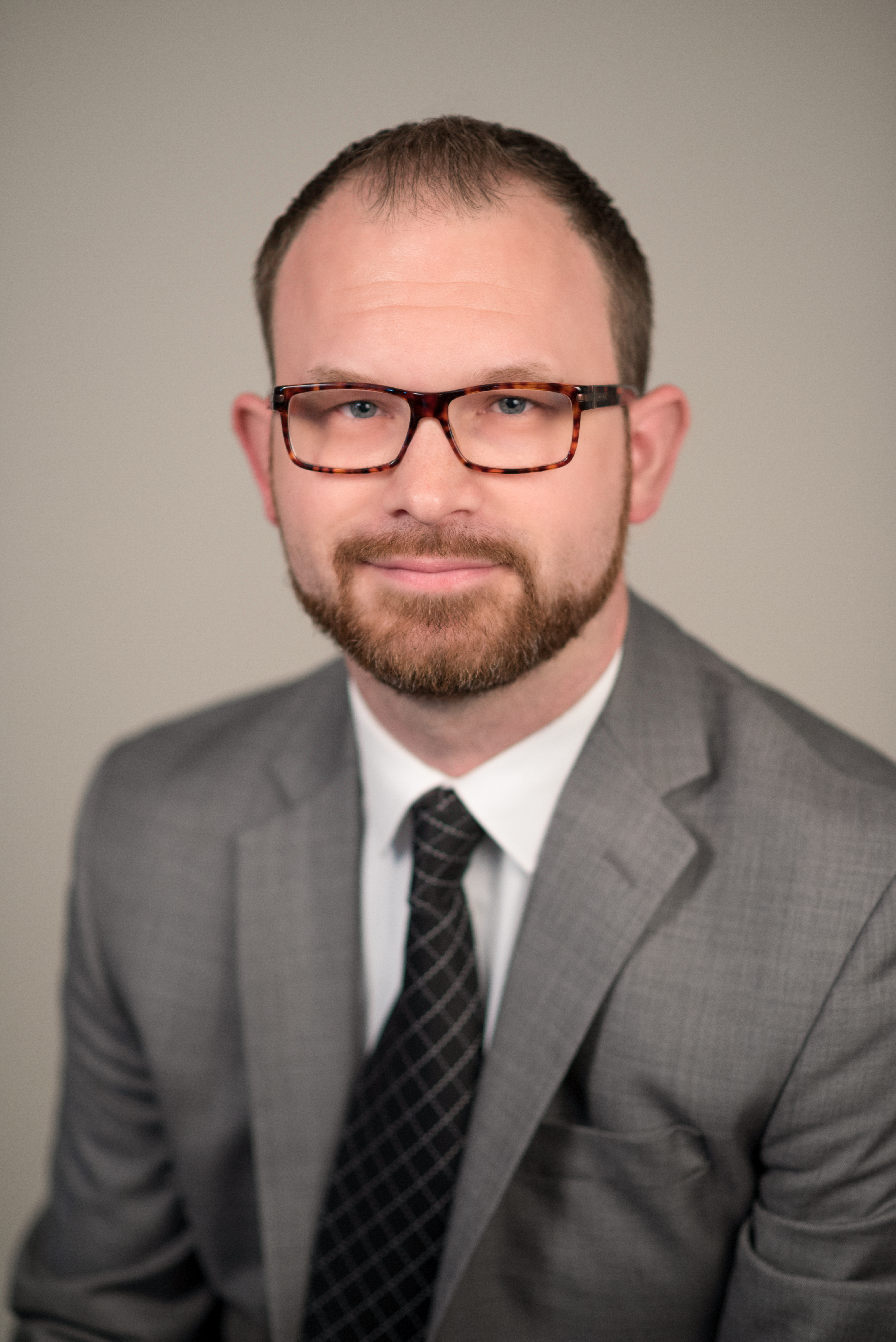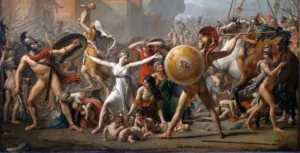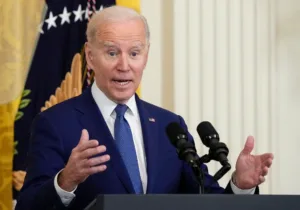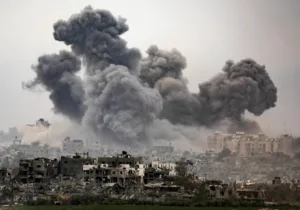This article, inspired by the Netflix series Fauda and focused on the church’s role in a chaotic world, originally appeared in the Fall 2017 issue of Providence‘s print edition. To read the original in a PDF format, here. To receive future issues as soon as they are published, subscribe for only $28 a year.
THE SECOND SEASON of the Israeli television thriller Fauda will be premiering on Netflix sometime in early 2018, and I can’t wait. Few shows better portray the complexity of the Middle East, which is why I often push it on Westerners looking for an entertaining primer on regional conflict. The show’s dialogue is a mix of Hebrew and Arabic, its actors Jews and Palestinians, and its audience a hard-to-find and rarely-satisfied combination of both.
The show’s title, the Arabic word for “chaos,” refers to the frenzied world that it seeks to portray. One-half of the characters are members of an elite Israeli counterterrorism unit who are known colloquially as mistaravim, or “Arabizers,” for their ability to act and speak like Palestinians as they operate undercover inside the Green Line. The other characters are Palestinian members of Hamas and its various rivals and affiliates—normal people with families and jobs but also religious beliefs for which they are willing to sacrifice themselves and others. The show’s plot centers on the intrigues that emerge between and among the two sides.
The Middle East is indeed a world of chaos where emotions are raw, violence is sudden, and everything is up for grabs. But chaos isn’t limited to the Middle East. Every part of the world is reeling amidst an unprecedented era of political, sociological, and technological disruption. No one is quite sure how to react, and Christians, despite their dogmatic certainty on so many things, are just as confused as the rest.
How should the church respond to international chaos? Should it thrust itself into the public square to guide national policies toward Christian ends? Or should it withdraw from political life and focus solely on the Great Commission? If the truth lies somewhere in the middle, how can the church engage world affairs without compromising her sacred mission?
These are the questions that every pastor, theologian, and lay leader ought to be asking in the first half of the twenty-first century. If we desire any kind of public relevance, we must decide how the church, the corporate vehicle through which we speak and act, fits in the broader scheme of things—and also where it doesn’t.
THE LEBANESE DIPLOMAT and philosopher Charles Malik was one of the twentieth century’s most under-appreciated public figures. President of the UN General Assembly and co-author of the Universal Declaration on Human Rights, Malik thought a lot about the interaction between the church and world affairs. In a small book entitled Christ and Crisis that was published at the height of the Cold War, Malik mined his faith to make sense of a world gripped by disorder and fear. His findings are well worth revisiting today.
Malik began his book with a grave admonition: “There are three unpardonable sins today: to be flippant or superficial in the analysis of the world situation; to live and act as though halfhearted measures would avail; and to lack the moral courage to rise to the historic occasion.”
Christians are duty-bound not just to care about history, Malik argued, but to engage with it. That was the undergirding premise of much of his life’s work. But in thinking about how the church should engage history, he found it important to first of all understand how the church shouldn’t engage.
The church was not placed on earth to serve the nations. She need not devote her precious time and energy to fretting about international affairs, intervening in cross-border disputes, or promoting the ambiguous “cause of peace.” That kind of superficial justice cheapens the church’s mandate as the body and bride of Christ. “Politics and world affairs belong primarily to politicians,” Malik wrote. “Salvation and the ultimate affairs of the soul belong exclusively to the Church.”
The church must, above all, be herself. She must stay true to the mission given to her by God and refuse to abdicate that mission for anything else. She must labor “to confess God the Creator, Jesus Christ the only-begotten Son of God, and the Holy Ghost the Lord and Giver of Life.” To that end, she must “live in complete detachment from the affairs of the world.” She must guard and keep the mysteries. She must work to convict men of sin and proclaim God’s forgiveness to mankind. And she must constantly confess Christ’s victory over the world.
The world lies in the throes of fauda, but the church should not be surprised by that. She knows better than anyone the dark depths of human nature and why God allows war to occur. Regardless of war or peace, the church must always be ready to bring men to God through the reconciliation offered by Jesus Christ.
If the church abandons that mission or makes it secondary to other concerns, she has failed. Nothing else that she accomplishes will matter.
THE CHURCH SHOULD be the church—that’s what the nations expect her to be. But the church should also expect certain things from the nations.
Above all, the church should expect them to grant her freedom to preach the gospel in every land and to every people and culture. She seeks not to impose her message on unwilling hearts, but merely to be the church wherever she goes.
The church should expect the nations to affirm the natural principles of justice, truth, and human dignity. She must remind the nations that these principles are not accidental or arbitrary, but embedded in the very essence of reality.
The church should expect the nations to uphold the inherent worth of every state, people, and culture and its right to live in dignity and independence under conditions of mutual respect with due regard for the common good.
This is where the church must cease its demands. If the church feels compelled to go further in any particular case, she must be absolutely sure that she understands all the facts. Zeal without knowledge is not good, and ill-informed impetuosity is unbecoming of the bride of Christ.
YET THE CHURCH shouldn’t just expect these things from the nations. She should also seek to help them in ways that fall within her divinely-ordained role.
The church should rejoice that peoples and nations once enslaved to tyrants are becoming free all over the world, that Christ is present even behind the most iron-clad of curtains, and that the gospel is being preached to the uttermost parts of the earth.
The church should labor to instill moral standards among her members so that the nations can depend on an honest and truthful citizenry living clean and heroic lives. The church should rejoice when Christians attain positions of authority, and should support and pray for them even though she can never be responsible for their views. The church should urge her members to enter public service; for why should public affairs be left to those who lack the mind of Christ?
The church should also offer the nations her unparalleled ability to discern truth. She can scrutinize any economic or social order and any concord of peace between nations to determine whether they are just, whether they promote human dignity, and whether they respect the inalienable rights given to man by God. She understands that it isn’t the form of such agreements that matters but the content. And yet the church cannot be responsible for affirming any particular international order as such.
Lastly, the church must work toward its own unity in the light of biblical truth. Only when the church attains its own internal coherence will it be fully equipped to shine the light of truth into darkness.
MALIK NEVER EXCLUDED the possibility that we stand near the end of history, and neither should we. Every Christian who affirms the tenets of orthodoxy knows that true peace, final peace, will only come with the Prince of Peace. And in hope of that day, we say maranatha.
But as long as we are confined to this temporal plane, and as long as the long winter of tyranny persists, we as Christians must acknowledge our duty to care for this world in every possible way. We must ensure that the church remains the church, unmoved by the temptations of power and dedicated to proclaiming the gospel. But we must also recognize that the church has a unique voice that must not be squandered. As individual Christians, beings in whom the spheres of church and the state overlap, we have an even greater duty to engage.
We have not been placed in history to watch. Though we recognize the persistence of fauda and the limits of peace on earth, we must also work for as much peace as possible while we’re here. Malik provides a helpful roadmap for navigating the gray world of faith and conflict, but it is up to us, leaders of this generation, to take the first step.
—
Robert Nicholson is the executive director of the Philos Project, and co-publisher of Providence.
Photo Credit: Cast of Fauda. Source: yes Oh.
[This article was edited on April 19, 2019.]







 Live in the DC area? Sign-up for Providence's in-person events list!
Live in the DC area? Sign-up for Providence's in-person events list!